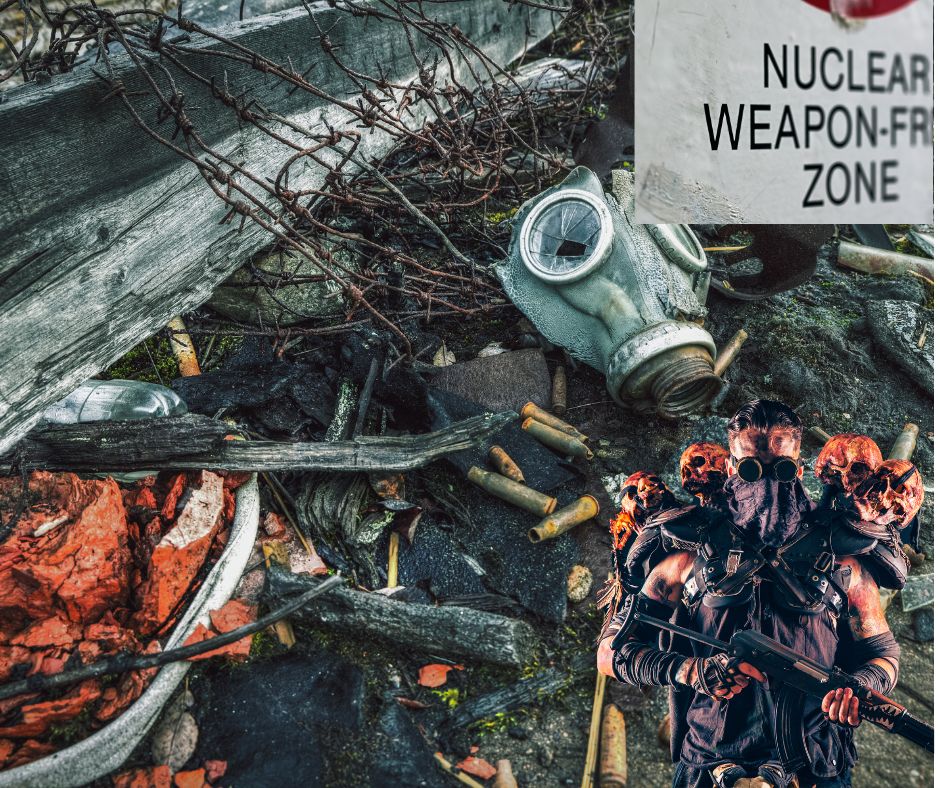Summary: The Pentagon is expected to present Ukraine with a fresh $1.1 billion in military aid on Wednesday. The meeting will be led by William LaPlante, the Pentagon’s top purchasing director. Ukraine Defense Contact Group is an informal alliance of over 50 NATO, EU, and other countries. NATO countries are running low on ammunition to deliver to Ukraine. Calls for Germany and France to send tanks to help Ukraine with its gruelling east and south offensives.
Tuesday, Polish Prime Minister Mateusz Morawiecki criticised Russia, stating, “We do not know the details of what happened, but we can see that it is an act of sabotage.” Danish Prime Minister Mette Frederiksen said, “It’s hard to assume that it’s accidental.”
The Ukraine Defense Contact Group, an informal alliance of over 50 NATO, EU, and other countries that have met every few weeks to examine what military assistance may be deployed to Ukraine quickly, is the umbrella organisation for the day of discussions in Brussels. These meetings led to the transfer of guided missile launchers produced in the United States, as well as numerous rocket launchers, armoured vehicles, and artillery systems from throughout Europe. The meeting on Wednesday will be led by William LaPlante, the Pentagon’s top purchasing director.
On Wednesday, the Pentagon is also anticipated to present Ukraine with a fresh $1.1 billion in military aid, according to two sources with knowledge of the situation who spoke to POLITICO. Approximately $400 million will remain in the account after the funds are taken out of the Ukraine Security Assistance Initiative. The fund offers funding to enable the U.S. government to negotiate agreements with defence companies to supply Ukraine with long-term support, including the more expensive and complex air defence systems. Reuters broke the story of the parcel first.
Additionally, President Joe Biden has $2.8 billion in remaining presidential drawdown power, which he might use to transport equipment and weaponry to Kyiv quickly.
As part of a deal to finance the federal government through December, Congress is expected to approve a new tranche of $12.3 billion in military and economic funding for Ukraine this week.
The financial proposal includes an additional $3 billion for the Ukraine Security Assistance Initiative and an additional $1.5 billion for the American defence sector to replenish weapons and equipment that have already been deployed. Additionally, lawmakers would give the administration permission to provide Ukraine weaponry worth up to $3.7 billion from military stocks.
It could not come soon enough for European frontline governments to receive more weaponry to replace those delivered to Ukraine. They worry that sluggish supply chains, shrinking workforces, and extended lead times may cause their arsenals to dwindle, making providing tangible support to Kyiv in the coming months more challenging.
A senior Finnish defence official told POLITICO and a group of journalists and specialists in Helsinki last week that everyone’s inventories are rapidly depleting and that there is “no quick replenishing answer.” Big wars use a lot of ammunition.
When visiting Washington for meetings at the Pentagon last week, Norwegian Defense Minister Bjrn Arild Gram told POLITICO, “We are having negotiations with the defence sector because, like most nations, we have removed equipment, weapons, ammo, and so on from our inventories to deliver to Ukraine.” We will continue to look at that, but in the meanwhile, we need to restock our supplies and buy more for Ukraine.
Officials in eastern Europe are still pressuring France and Germany to provide Kyiv with weapons so that Ukraine will have the firepower it needs and smaller nations will have time to rebuild their arsenals. Last week, the same group of journalists and specialists in Riga heard Latvian Defense Minister Artis Pabriks say, “If other countries did as much as we are doing, the war would be made.”
Concerned are calls for Germany to provide Ukraine with Leopard main battle tanks to aid with its gruelling east and south offensives, something Berlin has so far refused to do without receiving heavy armour from other allies. Foreign Minister Catherine Colonna arrived in Kyiv on a surprise Tuesday, and the French are reportedly considering sending more Caesar mobile howitzers to Ukraine.
The timing of Colonna’s trip coincides with the conclusion of Moscow’s forced annexation referendums in the occupied eastern Ukrainian region, which could enable Putin to claim these areas as part of Russia fraudulently.
Western governments have denounced the ballots as theatrical because they are concerned that a Russian declaration that the territories have been annexed may spark a nuclear exchange if Ukrainian forces continue their counteroffensive to reclaim the occupied region.
Analysis by: Advocacy Unified Network

